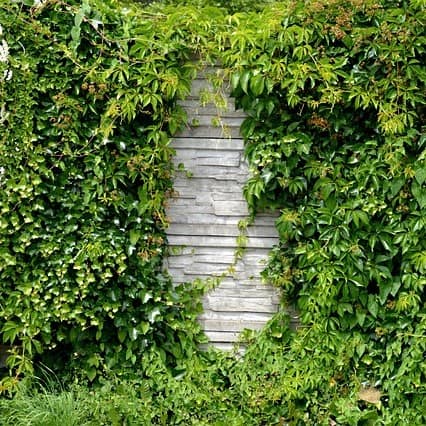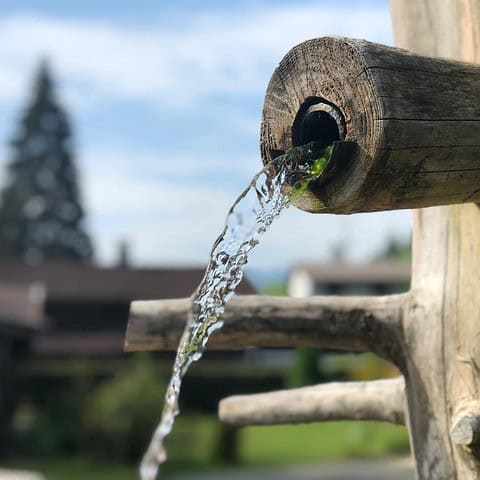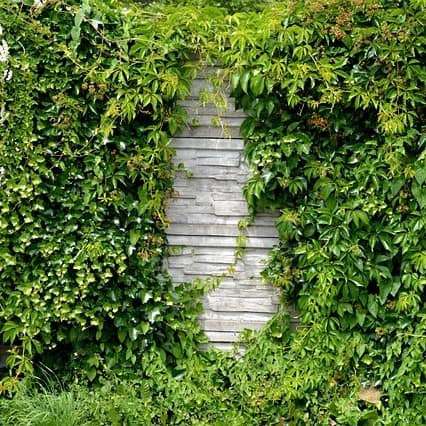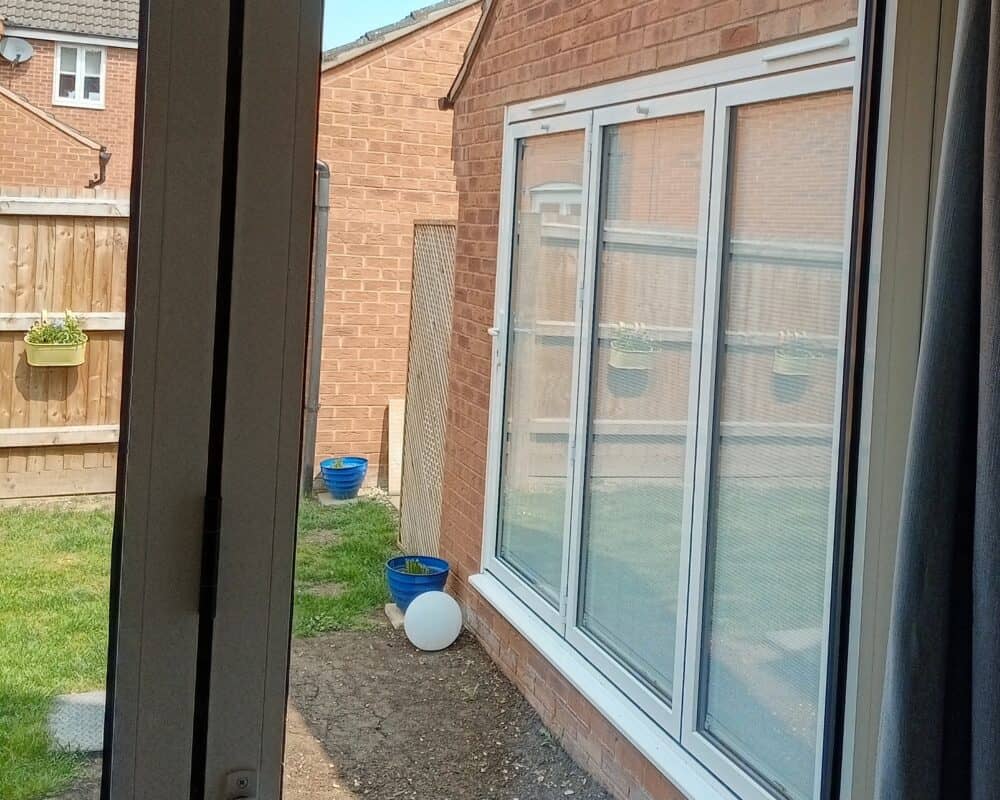
Table of Contents
Let’s explore practical ways to soundproof your garden, allowing you to reclaim the peace and tranquility you deserve in your outdoor space. Have you ever tried to enjoy a cup of coffee in your garden only to be interrupted by the distant blare of traffic or loud neighbors? If this sounds all too familiar, you’re not alone. Many people struggle to maintain the serenity of their outdoor spaces due to external distractions, so keep on reading for tips to help improve this problem.
Why Soundproof Your Garden?

A garden should be a peaceful retreat, but external noise like traffic, a noisy neighbour, or nearby construction can disrupt that calm. Whether you’re looking to relax, meditate, or simply enjoy nature, learning how to soundproof your garden is an effective way to create a sanctuary.
Understanding Garden Soundproofing
To create an effective sound barrier, you first need to understand how sound waves move. Noise can reflect, travel directly, or dampen depending on the materials and structures it encounters.
- Airborne noise travels in straight lines.
- Hard surfaces reflect sound energy.
- Soft, dense, or irregular materials absorb sound or block noise.
Methods to Soundproof Your Garden Effectively



Use Acoustic Fences and Walls
Installing acoustic fences is one of the most effective soundproofing techniques for your outdoor space. A standard timber fence may look appealing but has limited acoustic performance. Instead, opt for acoustic soundproofing panels that are specifically engineered to absorb sound waves and minimise noise.
Reduce External Noise with Strategic Landscaping
Incorporate shrubs, hedges, and trees with dense foliage to soften noise and reduce sound reflection. While plants don’t offer complete soundproofing, they work exceptionally well in combination with fences and walls.
- Best plants: Laurel, Hornbeam, Leylandii, Bamboo.
- Place hedge lines near the fence around your garden for layered noise reduction. Dense vegetation helps to dampen noise and prevent sound from entering your space.
Install a Water Feature to Mask Outside Noise
Adding a water feature not only enhances aesthetics but also introduces sounds of running water that can muffle unwanted sounds like a loud neighbour or barking dogs.
- Choose a fountain, waterfall, or pond.
- Use running water to create white noise and reduce the noise coming from outside. A well placed water feature is a highly effective, natural way to mask outside noise and increase tranquility.
Add Acoustic Panels for Targeted Soundproofing
Acoustic panels can be mounted on existing fences or walls to enhance soundproofing performance. These panels absorb sound, prevent noise reflection, and are a great solution for noise reducing in smaller spaces.
- Made from acoustic foam, recycled rubber, or mass-loaded vinyl.
- Best placed near patios or garden rooms. Use specialist acoustic panels to create a quite zone and stop sound from entering your garden space.
Soundproofing a Garden Room

A garden room used as an office or retreat must be insulated properly. Start by soundproofing the windows and doors, and use acoustic foam or soundproofing materials in walls and ceilings.
- Seal gaps to prevent noise leakage.
- Add double glazing to windows.
- Consider mass-loaded vinyl for internal walls to increase the mass of the wall and reduce noise transmission. A soundproofed garden room is a perfect escape from a lot of noise and provides additional space for the family and also adds value to your home.
Soundproofing Materials That Really Work
When looking for the most effective way to reduce noise pollution, consider the following soundproofing materials:
- Timber acoustic panels
- Mass-loaded vinyl
- Acoustic foam
- Composite fencing
- Rubber mats or layers
- Green walls and hedge barriers
Each of the above materials is known for its ability to absorb noise and sound. They also block sound and improve the overall acoustic performance.
Addressing Common Sources of Unwanted Sound
Combat Traffic Noise and Outside Sounds

To block traffic noise, you will need a combination of fence, hedging, and acoustic barrier solutions.
- Use an acoustic fence with no gaps.
- Add a hedge layer for natural sound filtering.
- Consider an embankment or noise barrier if you’re near a busy road.
Prevent Noise Leakage Around Your Garden
Noise leakage often happens through small gaps in fences, gates, or poorly insulated windows and doors. Use sealants and weatherproofing strips to control noise and ensure all gaps are closed. Even a tiny gap can allow sound to pass, undermining your entire setup.
Final Thoughts on Creating a Peaceful Garden
There are many ways to soundproof a garden, and every approach should be tailored to the levels of noise you experience. From soundproofing a garden with a high acoustic fence to using a water feature, or sealing windows and doors in a garden room, combining strategies is key to success. Whether you’re dealing with nuisance noise from a neighbour or trying to escape the sound of nearby traffic, the right soundproofing solutions certainly can restore tranquility to your life.
FAQs
What’s the most effective soundproofing material for outdoor use?
Mass-loaded vinyl and acoustic fences with dense timber cores are top performers.
Can I completely block outside noise?
You cannot eliminate noise, but you can significantly reduce noise levels using the right soundproofing materials and techniques.
Is a water feature effective against outside sounds?
Yes. The continuous sound of running water helps dampen noise and adds to your garden’s serenity.
What should I do if my existing fence doesn’t reduce noise?
Add acoustic panels, increase mass of the wall, or install a new acoustic fence.
Conclusion
Soundproofing your garden can significantly enhance your outdoor experience by creating a serene environment free from external distractions. By implementing natural barriers, utilizing sound-absorbing materials, or incorporating water features, you can transform your garden into a peaceful retreat, reducing stress and enabling you to enjoy your outdoor space once again.



